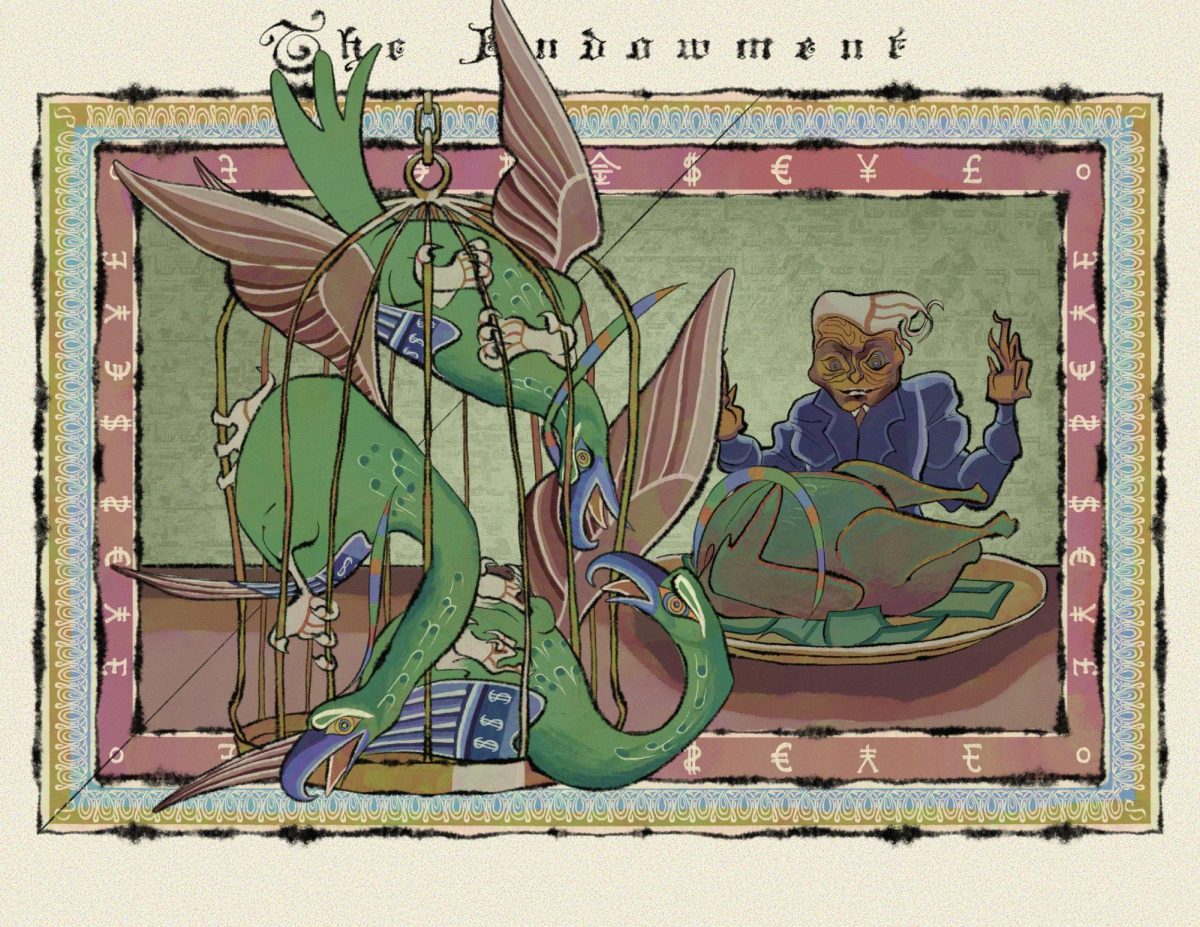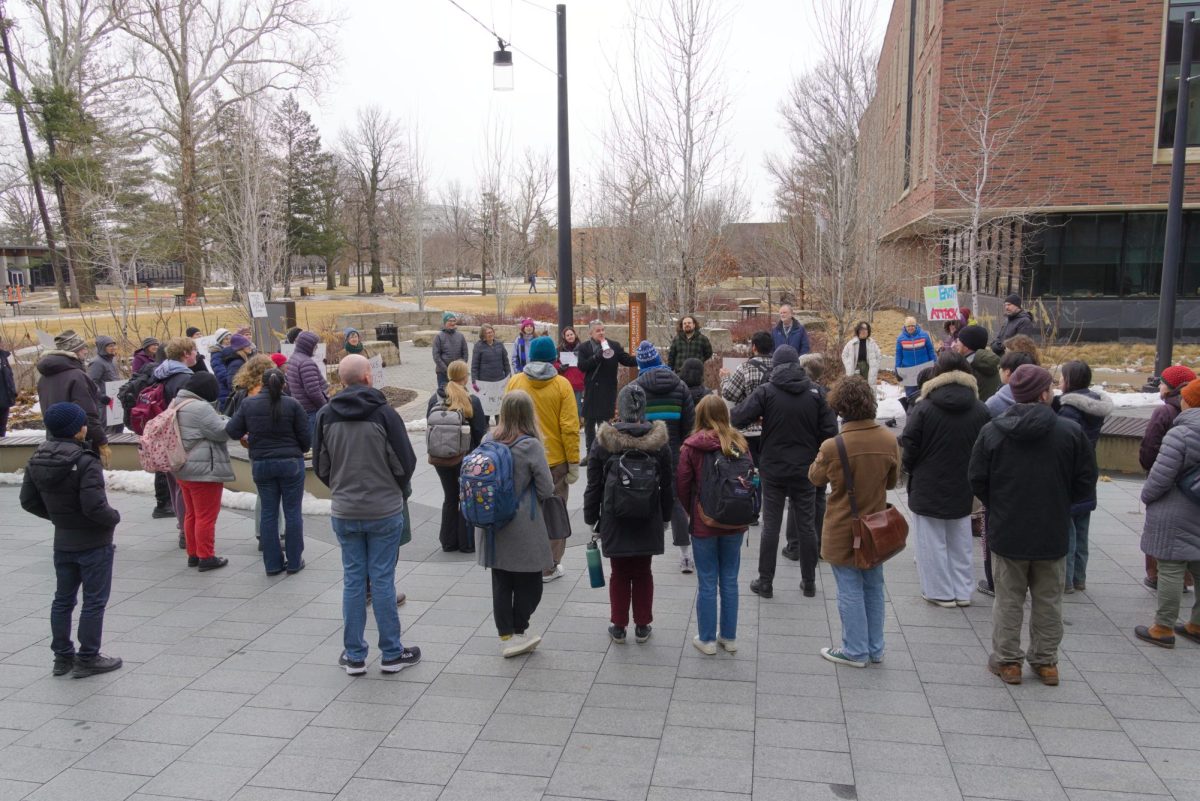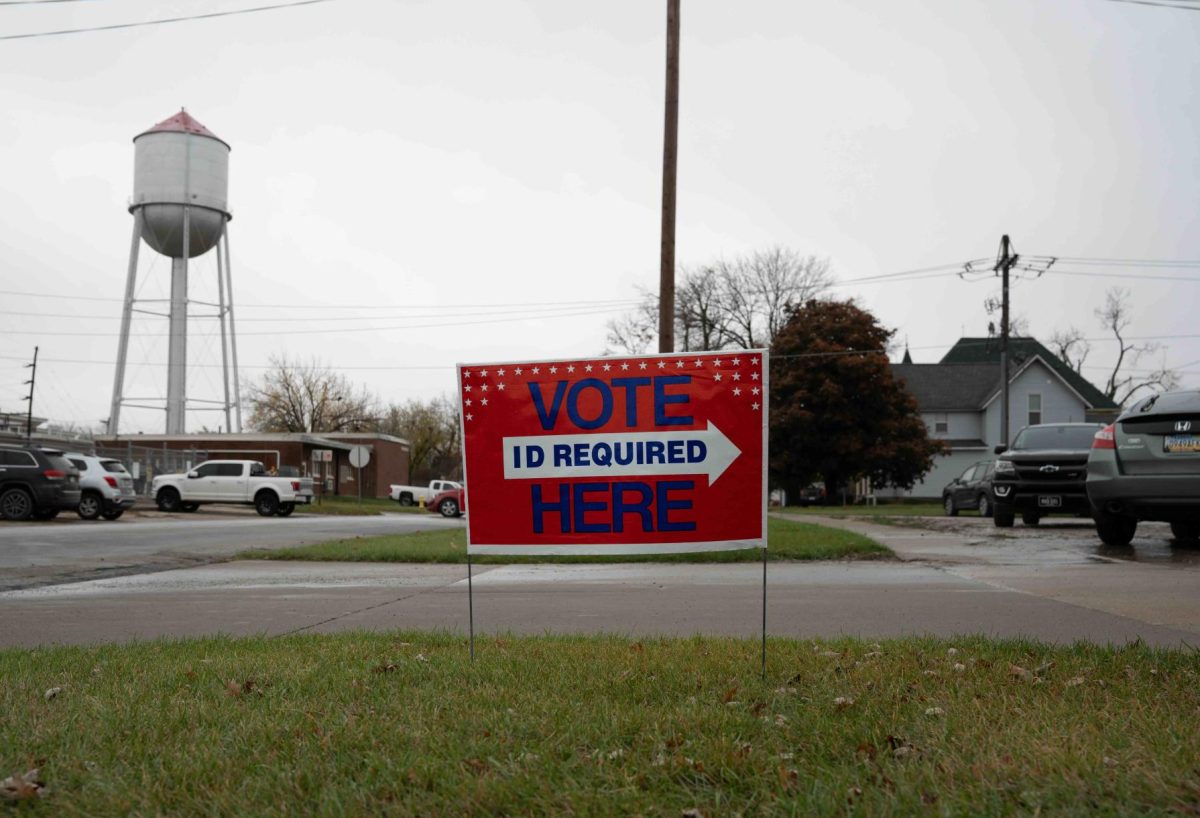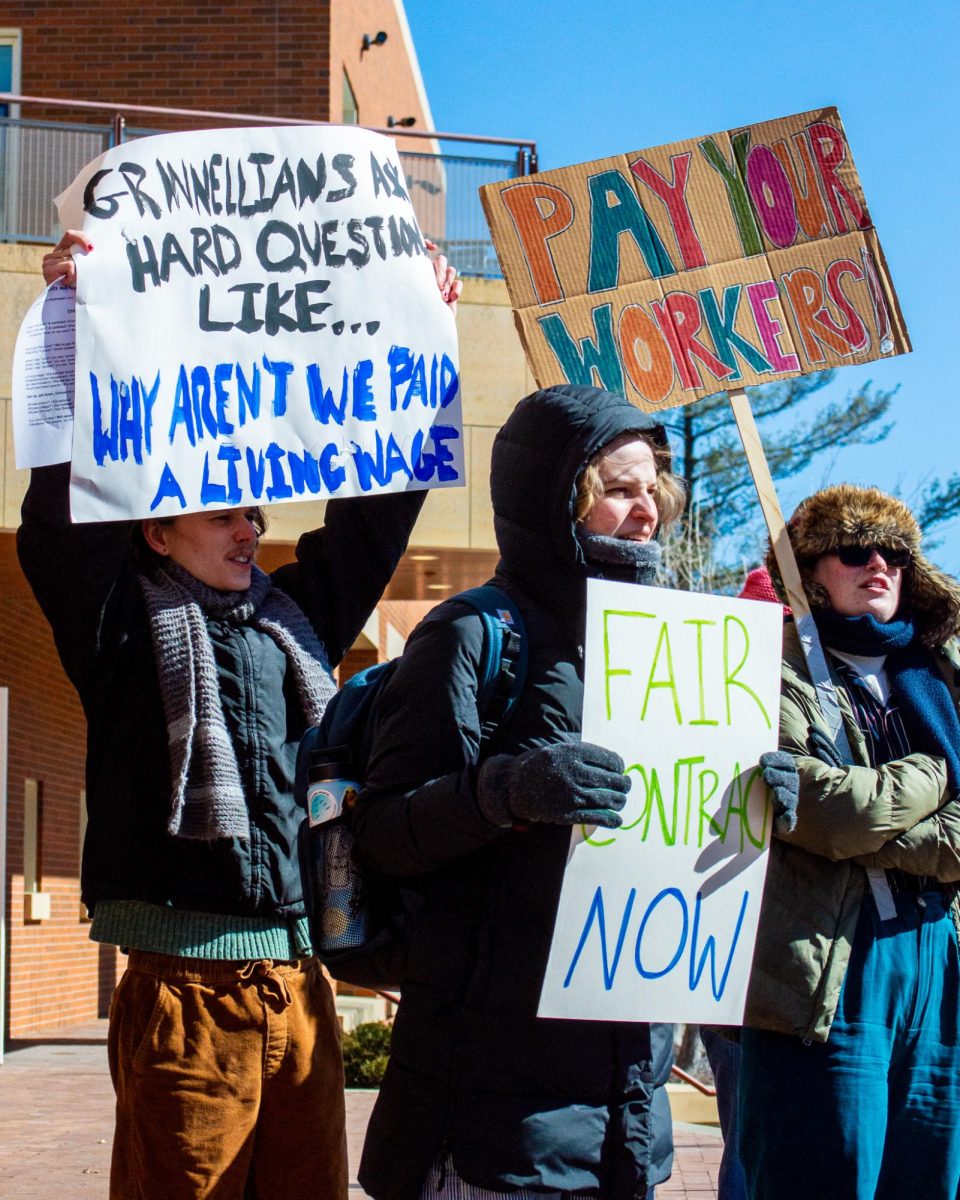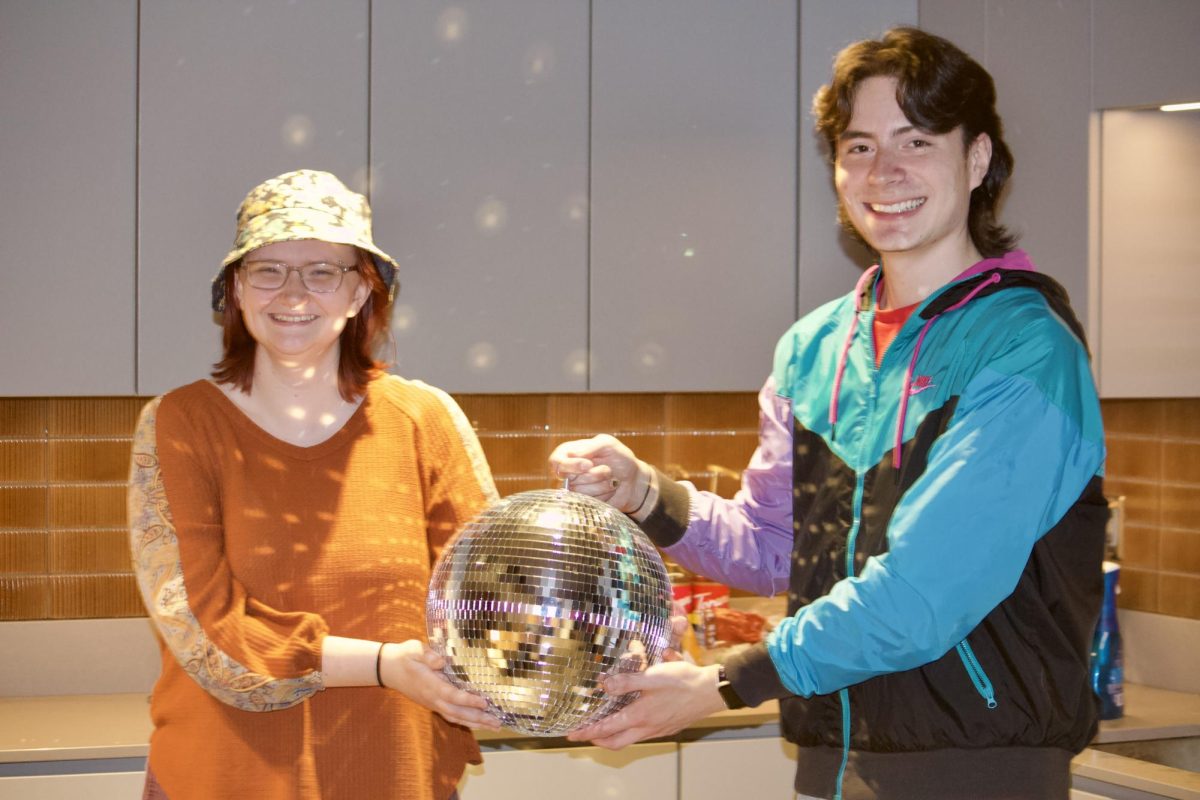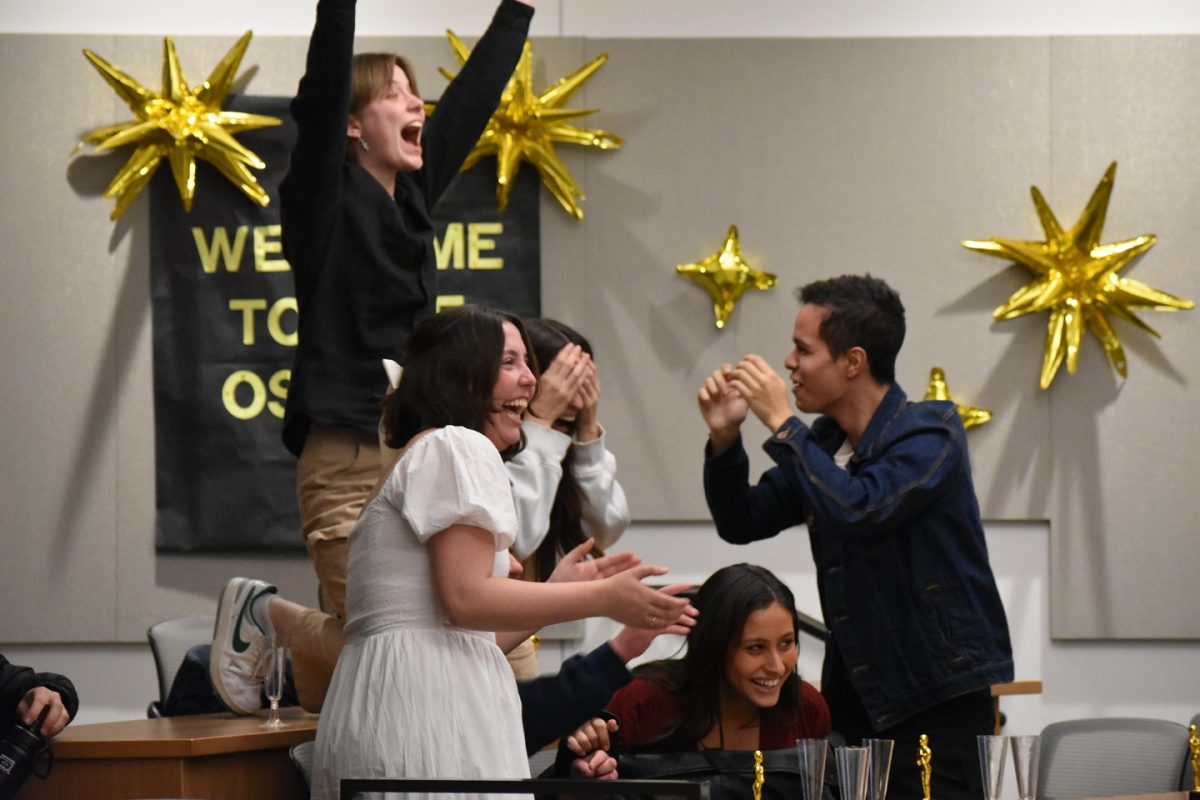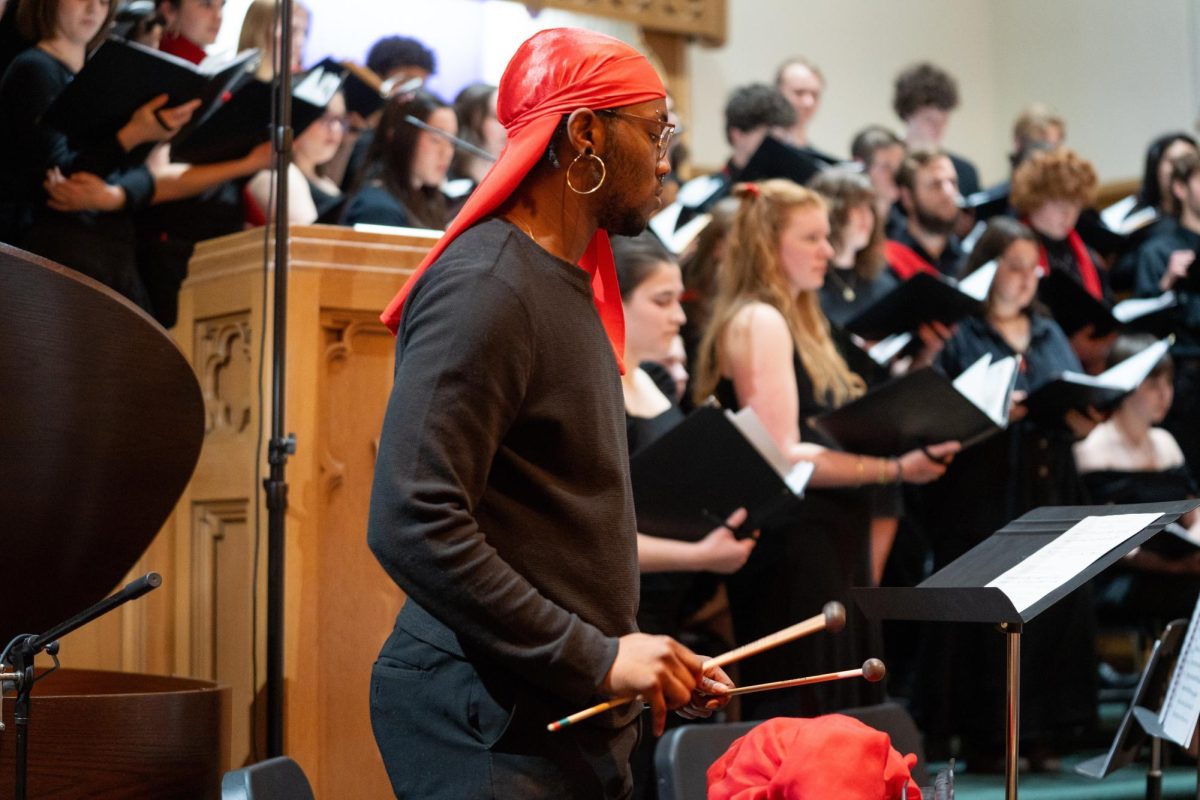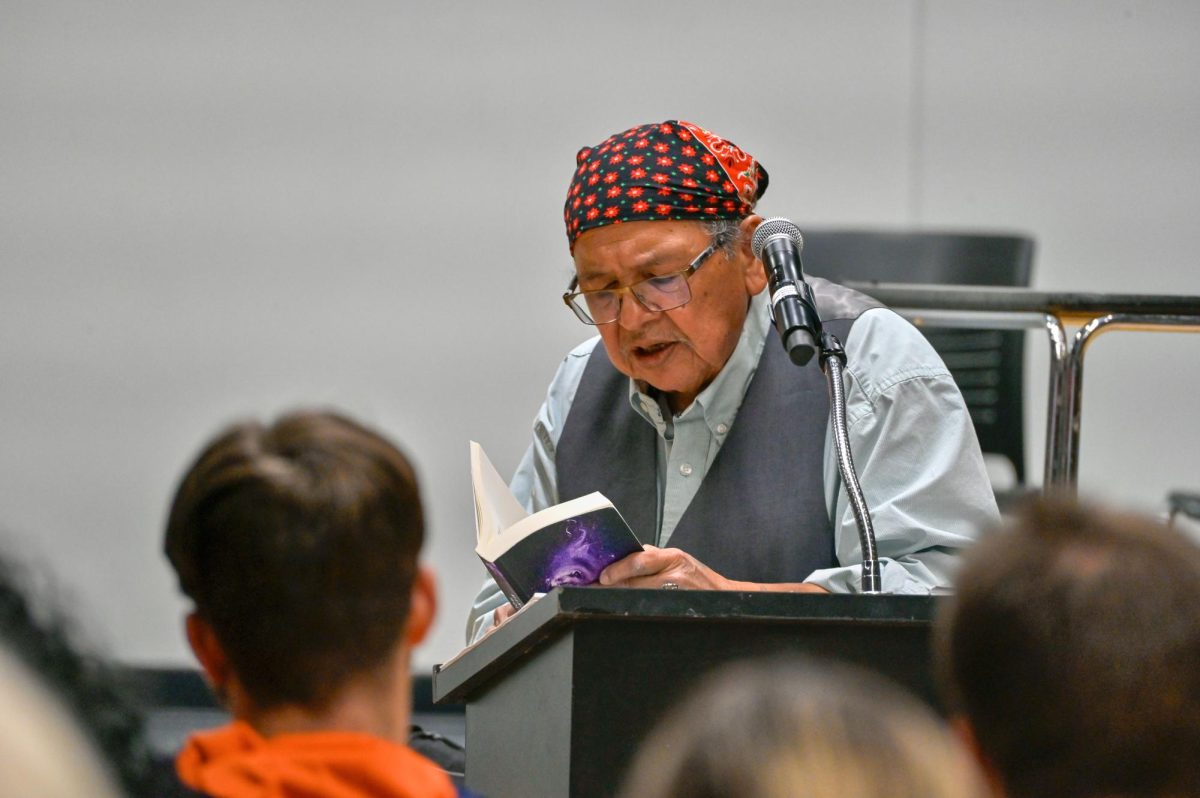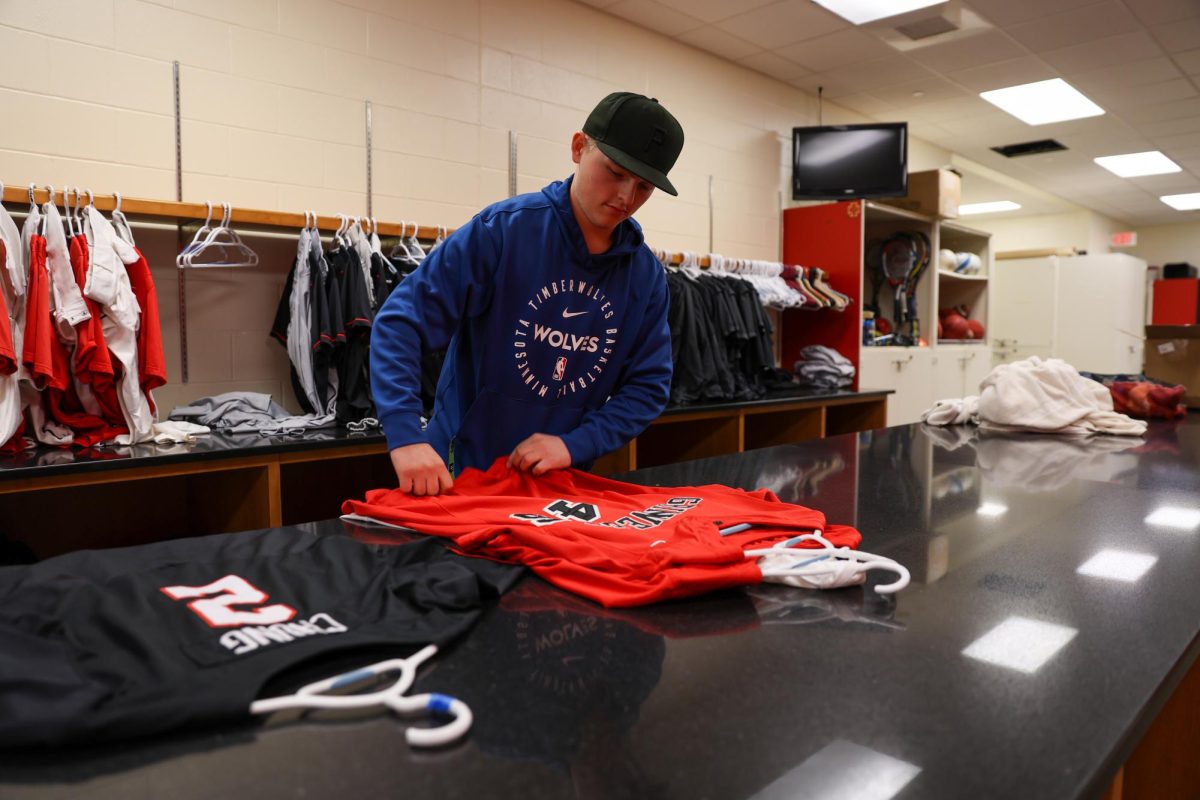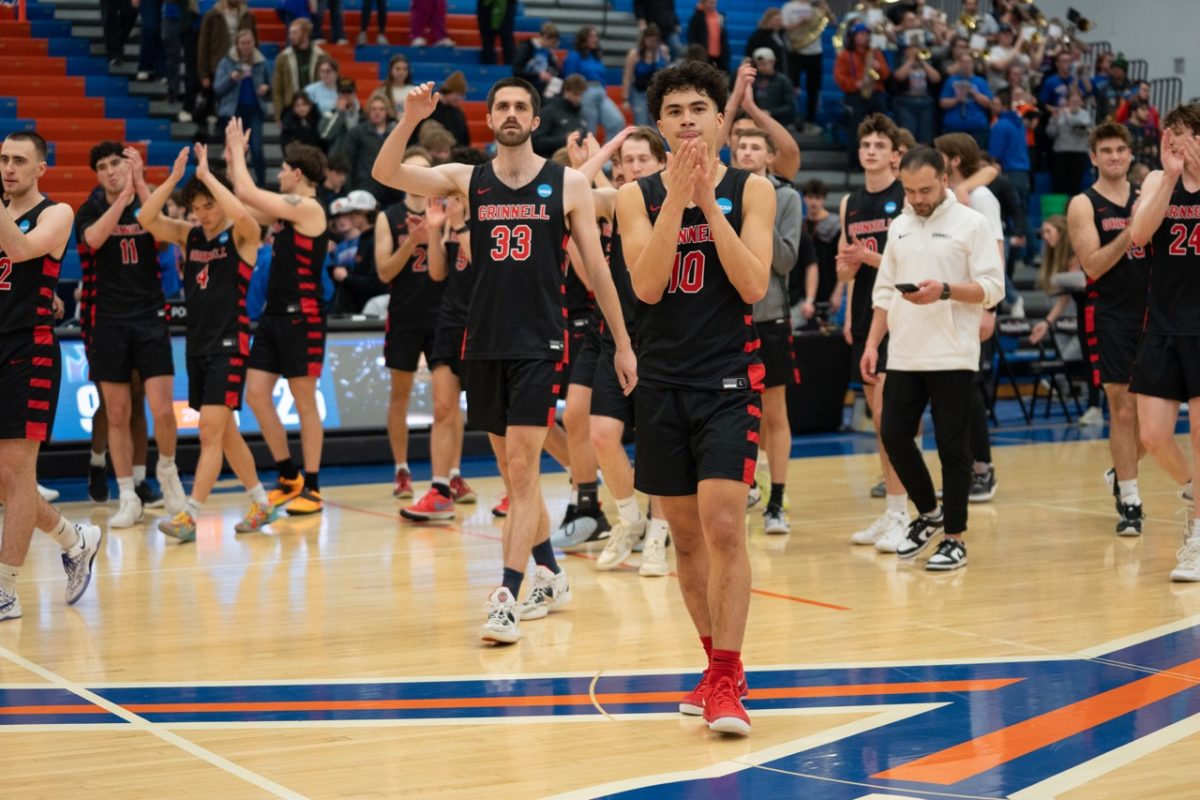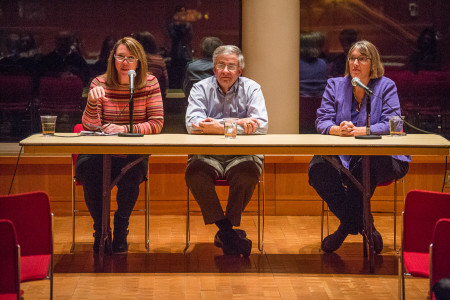
JON SUNDBY, News Editor
sundbyjo17@grinnell.edu
On Monday, Dec. 7, Grinnell welcomed three political journalists to discuss their experiences covering the caucuses in the cornfields. To cap off their “Iowa Caucus” series, the Rosenfield program brought in David Shribman of The Pittsburgh Post-Gazette and Jennifer Jacobs and Kathie Obradovich of The Des Moines Register, to offer a media-based perspective on the local caucus.
“The media, the mainstream media, is definitely being seen as part of the establishment, and the push for an outsider includes a lot of anti-media sentiment as well. So it’s an interesting challenge in this race to do what we consider to be the traditional role of the media, to help voters vet these candidates when, in fact, a decent segment of these voters will automatically discount anything negative that is said about their outsider candidate,” Obradovich explained.
Despite the harsh denouncing of the media, especially of The Des Moines Register by conservative candidates, including Donald Trump, Jacobs and Obradovich have been intrigued by the continuing access they have had to these candidates and their willingness to sit-down for interviews.
“You’ll have candidates who bash the media, but then they’ll have a love-hate relationship with us … Before anyone believed [Trump] would be running for president, he was calling all the time. Kathy and I had great access to him, it was really unbelievable. My cellphone would ring in the middle of the night while I was still in my pajamas and it would be Donald Trump calling to tell me something,” Jacobs said.
All three commentators believed that this caucus race was unique in its backlash against conventional candidates, especially on the Republican side, a party that was formally referred to as a “Fraternal Lodge.”
“What I think is interesting about this campaign is this—it underlines the fact that there is no establishment. The party of the establishment used to be the Republicans. Surely there is no establishment with the Republicans now, or Donald Trump wouldn’t be second place,” Shribman said.
Although many pundits and journalists have mused that the Republican and Democratic parties have swapped in their preferences for candidates, Shribman believes that even the royalty of the Democratic Party, the Clintons, appeal to a radical side in voters.
“On the Democratic side, there is an establishment that, almost by definition, is a counter-establishment. Bill Clinton wasn’t a conscientious objector in the Vietnam War but avoided the draft through other means. Ms. Clinton, as Hillary Rodham, gave a speech at Wellesley College that can only be described as an anti-establishment speech … So we’re in a situation now where American politics are anti-establishment,” Shribman said.
While all three journalists were surprised by the rhetoric that was appealing to Iowa caucus-goers, they agreed that polling numbers shouldn’t be taken too seriously at this point in the race. Inflammatory speeches and celebrity appeal can be interesting to voters in December, but come time they actually have to write down a name, their more rational nature may take hold.
“It doesn’t cost people anything at all to say to a pollster that they are going to support Donald Trump. There’s no commitment implied with that … So we’ll see whether this ‘brand-name’ Donald Trump really still is a brand name when people have to show up with their friends and neighbors and actually cast a vote,” Obradovich said.


